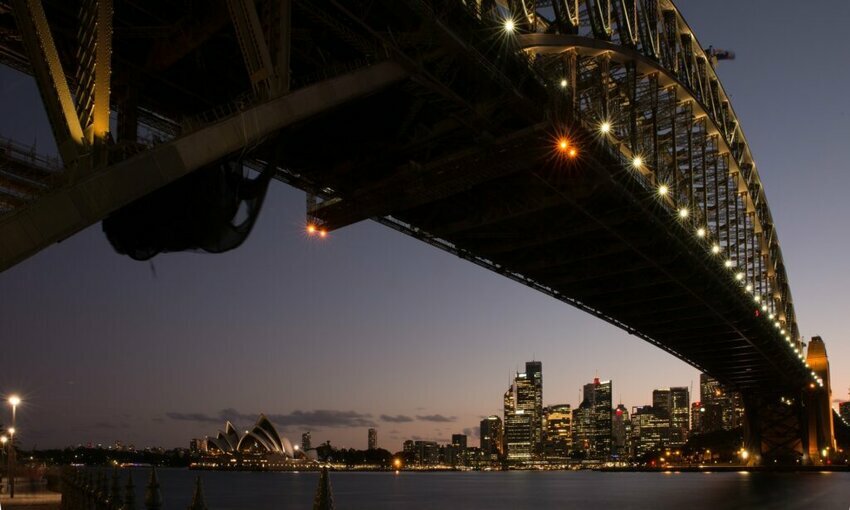 (Credit: Pixabay)
(Credit: Pixabay)A vast majority of Australian retailers have pledged to reach net-zero emissions by 2050, and they are more likely to achieve those goals than other industries, but according to a report from Microsoft Australia and New Zealand, nearly a quarter of those companies will miss their sustainability targets.
The report, which includes analysis from a University of London research team, shows that 72% of the country’s retailers have committed to net-zero emissions, but many of them are struggling with clear strategies to achieve those goals. Approximately a third of companies say they lack emissions measurement and reporting technology, and 37% say they are held back by a lack of in-house sustainability expertise.
Despite those challenges, Australian retailers are 9% more likely to achieve net-zero goals compared with companies and organizations across all industries. That shows the country’s retailers are overall committed to achieving sustainability, Microsoft AZN says.
Australia released a plan last year to achieve net zero by 2050. The government says it has cut emissions based on 2005 levels by 20% and expects to beat its 2030 emissions reduction target by 343 million metric tons. According to the government, the country’s retail industry accounts for 50% of the energy use in the commercial property sector, and 5% of the total emissions.
According to a report from FCLTGlobal, a clear strategy intertwined with business operations is key for companies to achieve net zero. Overall, reporting and investing in sustainability efforts have been priorities for businesses.
The Microsoft ANZ report finds that unlike industries such as energy, retail’s Scope 1 and 2 emissions are small. The majority of the industry’s carbon footprint comes from Scope 3 emissions. The analysis shows that the transport, logistics, and warehousing industries are where most of the Scope 3 emissions originate. The report finds those industries are also among Australia’s worst sustainability performers.
Microsoft ANZ says improvements can be made and managed in retail’s emissions-heavy supply chain with improved technology. In that regard, 88% of retailers say technological advances play a key role in improving their sustainability performance. Just 39%, though, are investing in tools to help make advances in transportation and logistics emissions, such as using electric vehicles.
About half of Australia’s retailers are investing in platforms that can help them track and manage emissions in their supply chains. Another 44% say they are investing in technology that will help reduce warehouse emissions.
A majority of retailers (60%) say they are applying sustainability principles to their supply chains, and 59% say they are working with suppliers to reduce emissions throughout their operations. A little more than half say they are using technology to monitor their supply chains. The University of London’s Dr. Chris Brauer says the technology gap isn’t unique to the retail industry, and that it will slow the country’s overall effort to achieve net zero.
Systems to help companies track and manage their sustainability efforts, including Scope 3 emissions, are becoming more common. Microsoft released its Cloud for Sustainability earlier this year to provide data management capabilities so companies can make progress on their targets.
Part of the Microsoft report includes a seven-step roadmap to help retailers reach net zero. That blueprint includes ideas to decarbonize products and operations, implement sustainable practices and infrastructure, and investment opportunities.
The report says 8% of retailers have cut their greenhouse gas emissions by half, and 3% have achieved net zero.